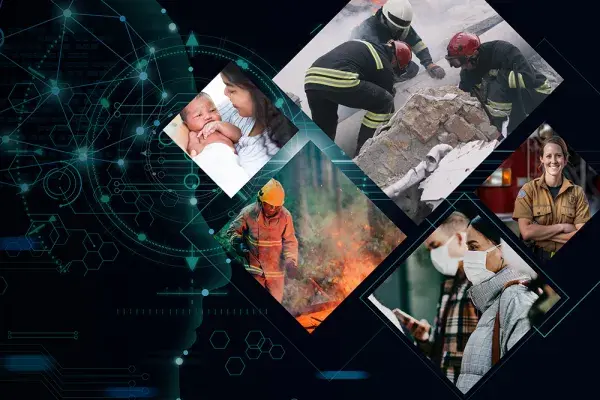
Carnegie Mellon Leads NSF AI Institute for Societal Decision Making
Artificial intelligence tools have increasingly aided emergency managers, public health officials and other professionals tasked with maki...

SCS Faculty Honored at Carnegie Mellon's Celebration of Education
School of Computer Science faculty members took home top accolades when Carnegie Mellon University honored faculty, staff and students at ...

AI in the ICU
Researchers Develop AI-Based System To Recommend Clinical Treatments Clinicians in an intensive care unit need to make complex decisions ...
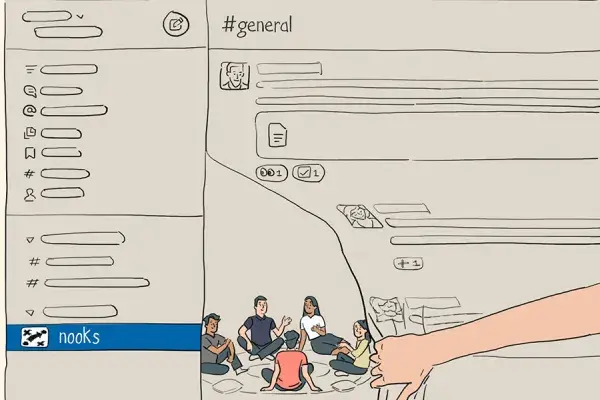
Reviving Office Chatter
Researchers Design Tool to Enhance Workplace Socialization in Remote, Hybrid Arrangements About one-third of our lives are spent at work,...
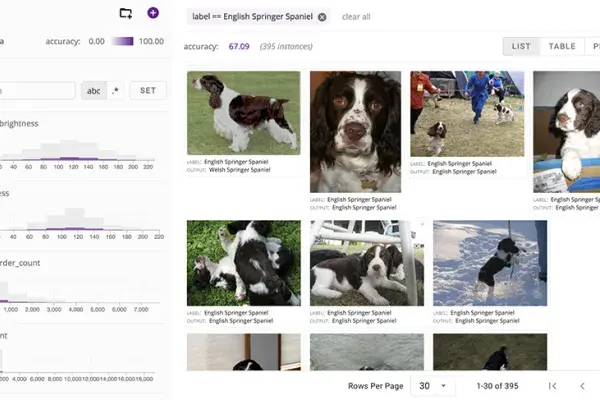
CMU Researchers Release Zeno for Machine Learning Model Evaluation
A team of Carnegie Mellon University researchers has released a new interactive platform for data management and machine learning (ML) eva...
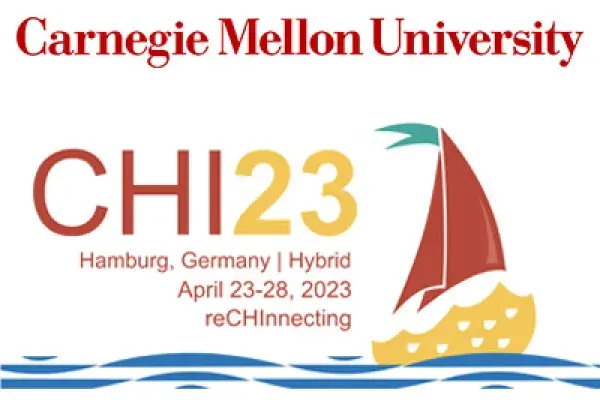
CMU at CHI 2023
The ACM CHI Conference on Human Factors in Computing Systems will take place from April 23-28, 2023, in Hamburg, Germany. Commonly known a...
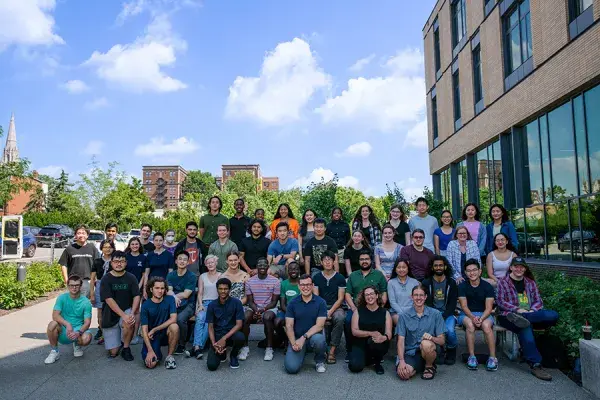
CMU, Amazon Expand STEM Summer Research Programs for Underrepresented Students
Carnegie Mellon University's School of Computer Science and Amazon are working together to expand the university's summer research program...

The Myth of the Fast Learner
Learning science experts from Carnegie Mellon University's Human Computer Interaction Institute (HCII) wanted to know why some students le...

SCS Faculty Receive More Than $4.5M in NSF CAREER Awards
Eight Carnegie Mellon University researchers in the School of Computer Science recently earned Faculty Early Career Development Program (C...


